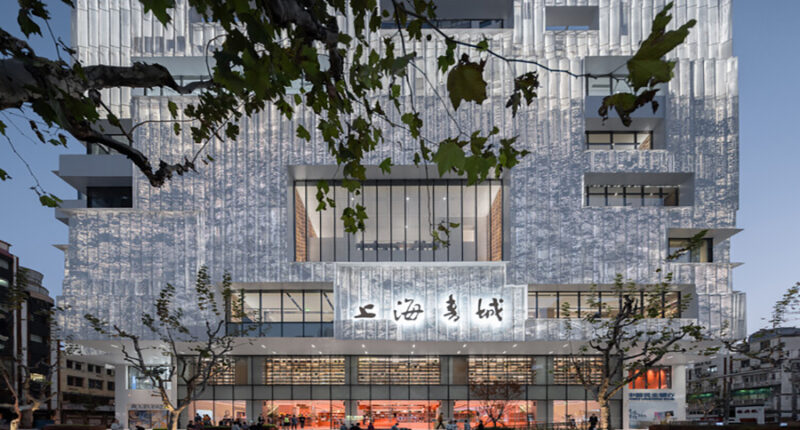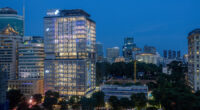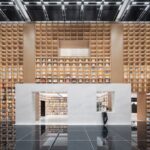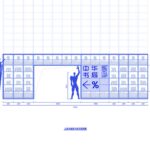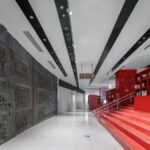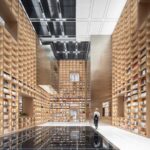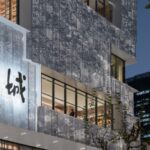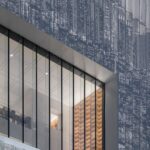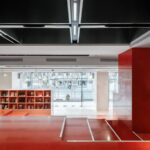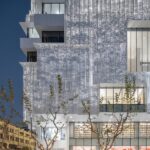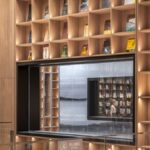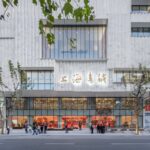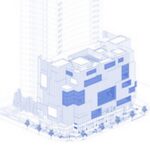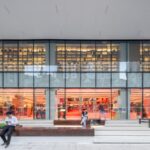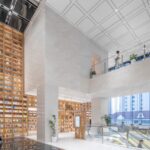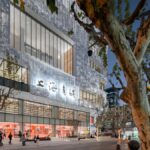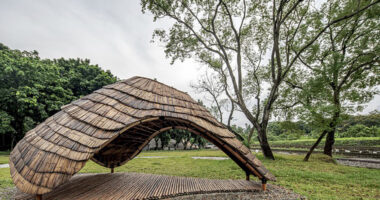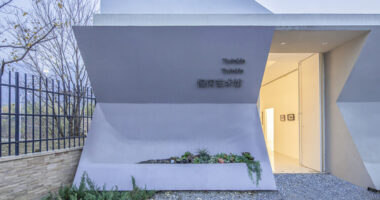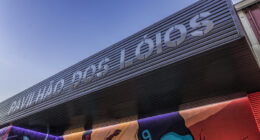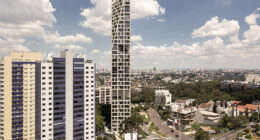Rethinking Bookstores
In a digital age where online distractions dominate, Wutopia Lab, with their renovation of the Shanghai Book City, challenges the notion of traditional bookstores. Recognizing the declining readership and allure of physical book spaces, their approach is revolutionary. Rather than catering solely to avid readers, the design aims to entice non-readers, bridging the gap between offline and online experiences.
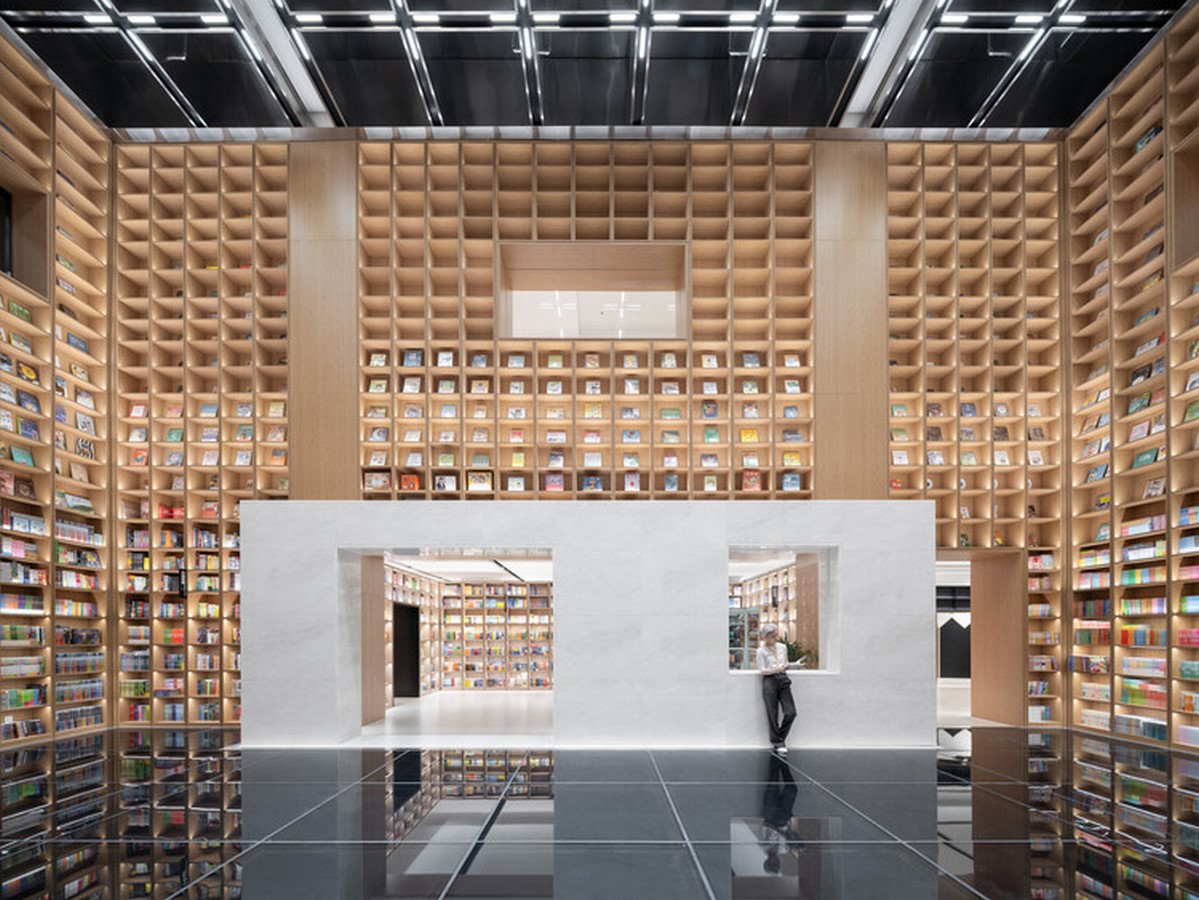
Confronting Nostalgia
The renovation of the Shanghai Book City, though met with romanticized memories and misconceptions, is driven by a vision to transform it into a cultural hub. Understanding the challenges posed by the internet’s influence on reading habits, the architect embraces change. By preserving the essence of the bookstore while embracing modernity, Wutopia Lab sets out to create a dynamic cultural complex.
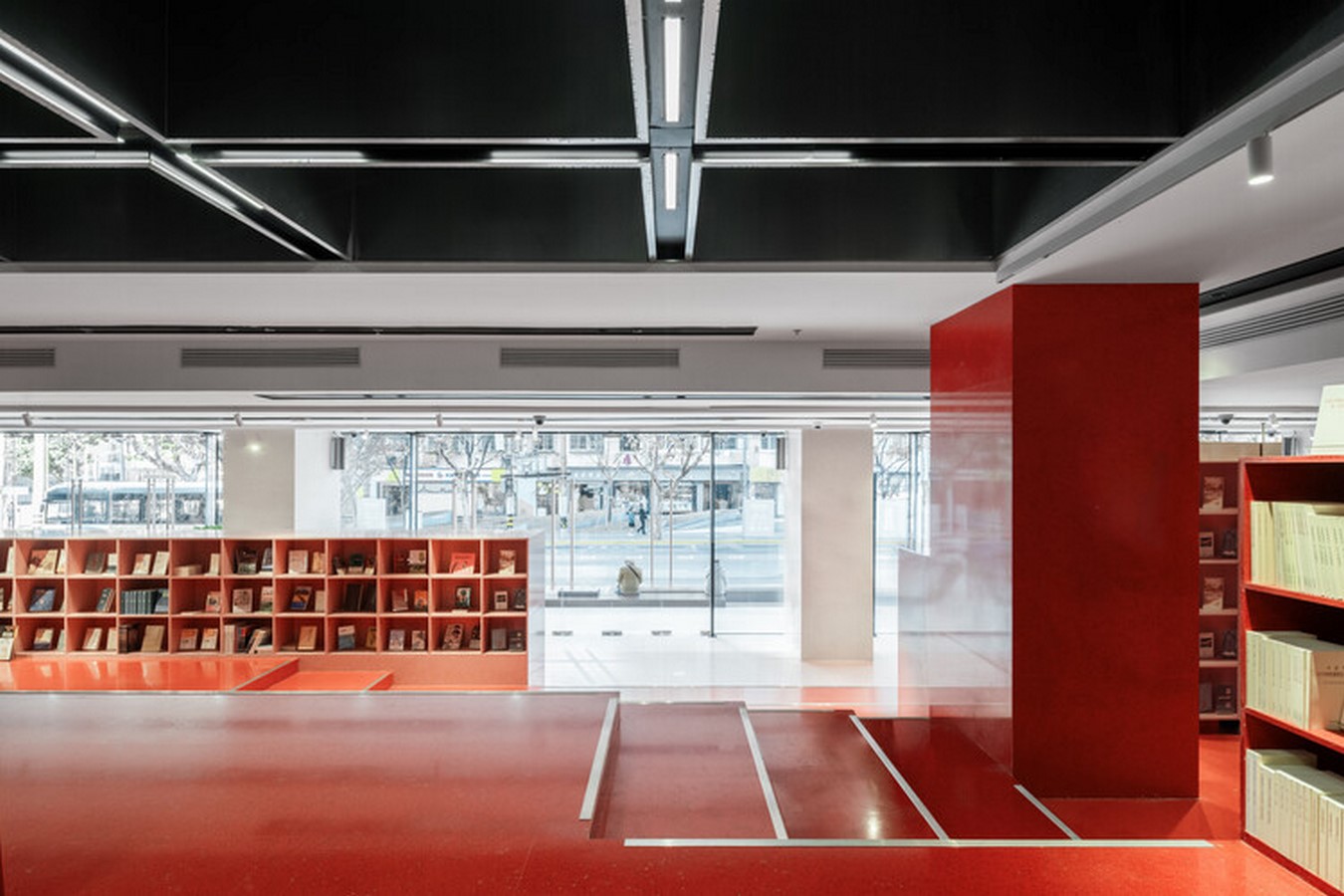
Building a Cultural Complex
The upgrade and renovation of the Shanghai Book City adhere to strict structural constraints while enhancing safety measures and operational efficiency. Despite limitations, the project aims to integrate commercial elements seamlessly, ensuring a vibrant and sustainable cultural landmark in Shanghai’s landscape.
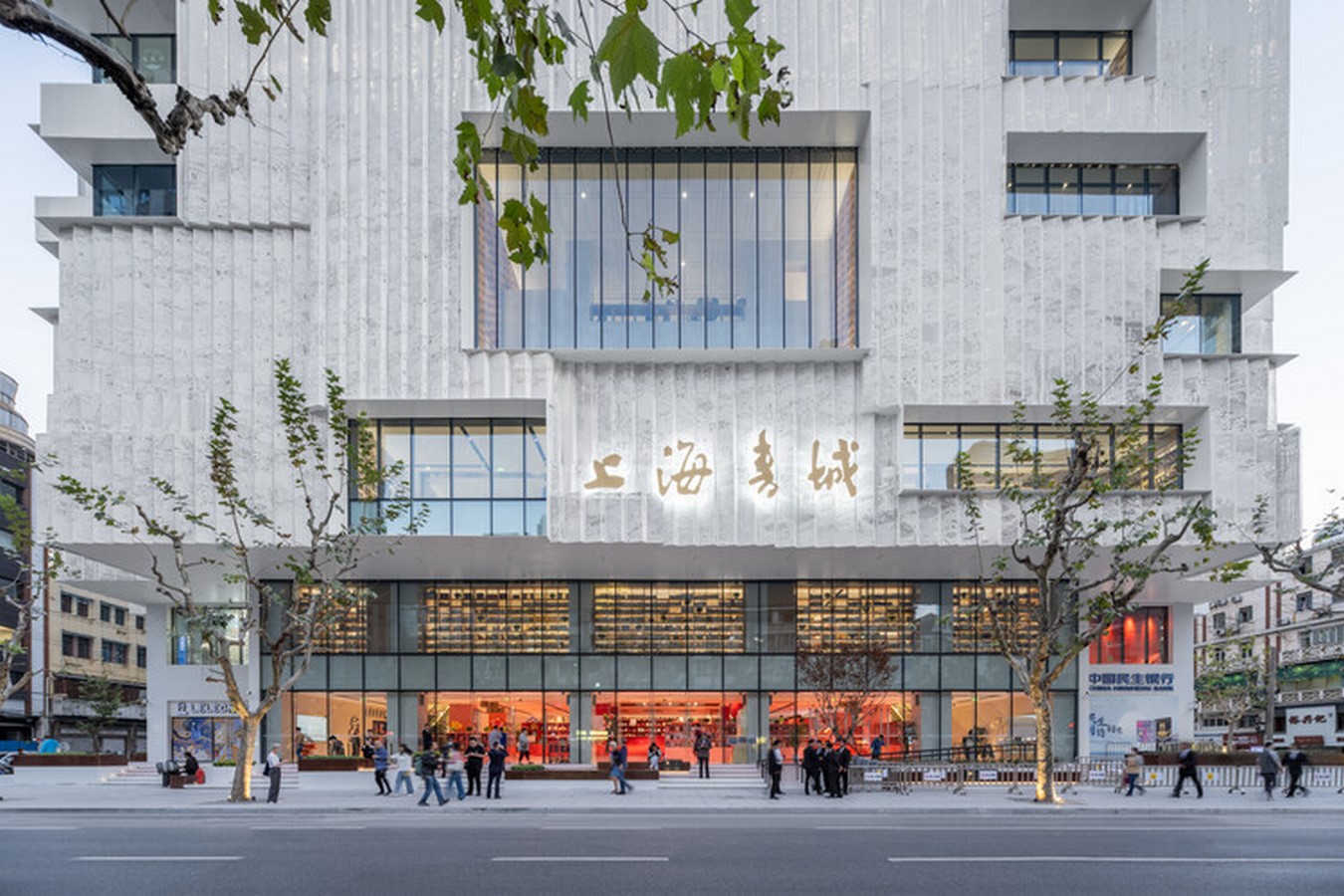

Embracing Urban Revitalization
Central to the redesign is the revitalization of Fuzhou Road as a cultural street. By reimagining the ground floor as a semi-open public space, the architect aims to reclaim the pedestrian character lost over time. The introduction of ‘Book Mountain’ and strategic use of light create a dynamic environment for cultural events and gatherings.
Vertical Urbanism
The architectural intervention introduces a vertical city within the bookstore. Utilizing atriums and escalators, the space unfolds vertically, inviting exploration and fostering a sense of wonder. Bookshelves serve not only as storage but also as a facade, symbolizing the essence of the bookstore’s identity.
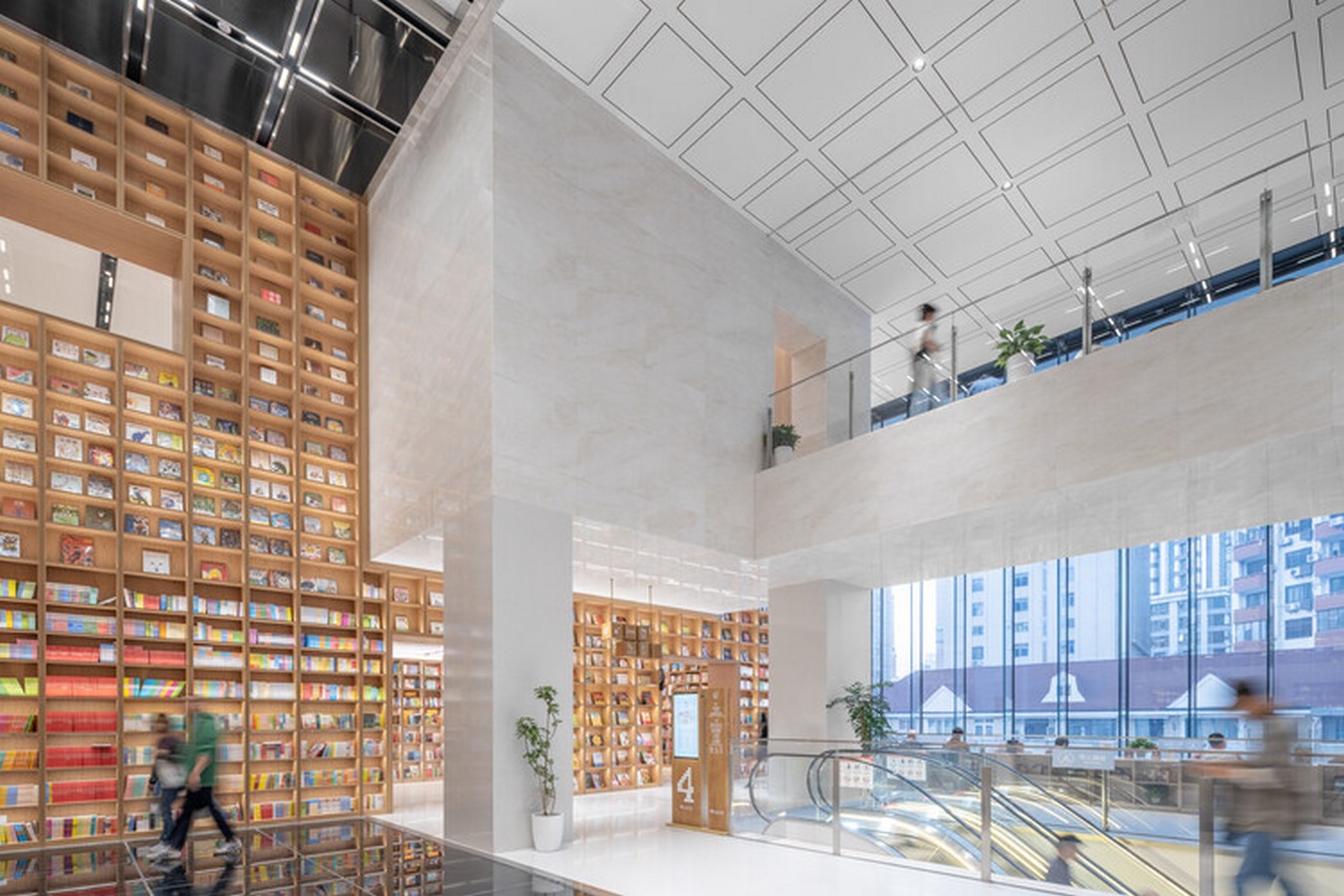
Inclusivity and Accessibility
An essential aspect of the redesign is inclusivity. By prioritizing accessibility for people with disabilities, the architect ensures that everyone can engage fully with the space. Through thoughtful design choices, such as circular handrails and accessible ramps, the Shanghai Book City becomes a place where everyone can participate and belong.
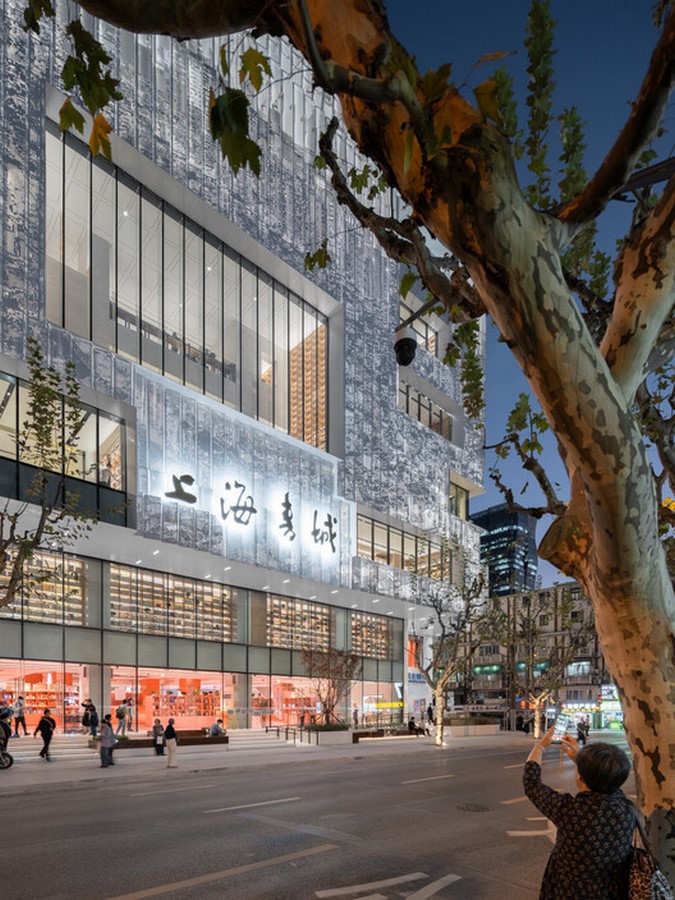
Symbolism and Illumination
The facade of the Shanghai Book City, adorned with perforated aluminum panels, becomes a symbol of knowledge and enlightenment. The interplay of light and shadow creates a mesmerizing effect, drawing attention to the bookstore’s presence. Through metaphorical design, the architect invites readers to embark on a journey of discovery.
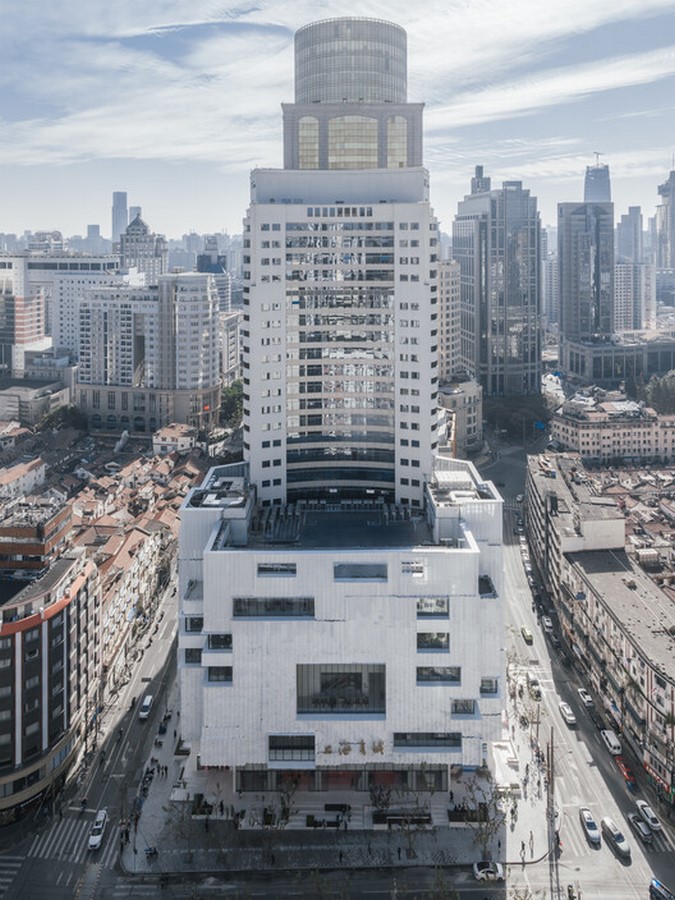
A Mosaic Epic
Preserving the history and memories embedded in the bookstore, Wutopia Lab celebrates the diverse narratives of Shanghai. From ancient reliefs to modern installations, the renovated space becomes a testament to the city’s rich cultural heritage. As readers interact with the evolving Book City, they become part of an ongoing mosaic epic, shaped by literature, art, and human connection.
